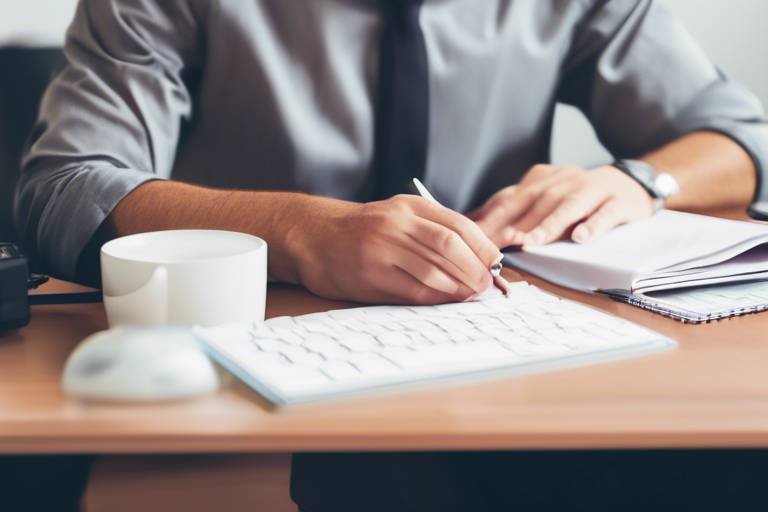Tips for Improving Your Listening Skills
Improving your listening skills is a valuable asset in both personal and professional relationships. By honing this skill, you can enhance your communication abilities and foster stronger connections with others. Let's explore some effective tips and techniques that can help you become a better listener.
Active listening is a cornerstone of effective communication. When engaging in a conversation, give the speaker your full attention. Maintain eye contact, nod in acknowledgment, and provide verbal cues such as "I see" or "Go on" to show that you are actively listening and engaged in the discussion.
To create an optimal listening environment, it is crucial to minimize distractions. Eliminate background noise, put away electronic devices, and quiet your internal thoughts to focus entirely on the speaker's words. By reducing distractions, you can better absorb and comprehend the information being conveyed.
Empathy plays a significant role in effective listening. Show empathy by putting yourself in the speaker's shoes, acknowledging their emotions, and responding in a compassionate and nonjudgmental manner. Demonstrating empathy can create a supportive atmosphere that encourages open and honest communication.
Asking clarifying questions is essential to ensure mutual understanding. If any points are unclear, don't hesitate to seek clarification from the speaker. By asking questions, you not only confirm your comprehension but also demonstrate your genuine interest in the conversation.
Practice reflective listening by paraphrasing the speaker's words and emotions. Reflecting back on what has been said not only confirms your understanding but also validates the speaker's thoughts and feelings. This active listening technique can strengthen the connection between both parties.
Patience is a virtue when it comes to effective listening. Avoid interrupting the speaker or rushing to respond. Instead, allow the speaker to express themselves at their own pace. By practicing patience, you show respect for the speaker and create a conducive environment for meaningful dialogue.
Solicit feedback from others on your listening skills. Seeking input from peers or mentors can provide valuable insights into areas where you can improve. Constructive criticism can help you identify blind spots and refine your listening abilities for better communication outcomes.
Utilize listening aids to enhance your listening experience. Tools such as note-taking, summarizing key points, and visual aids can support your comprehension and retention of information. By leveraging these aids, you can strengthen your listening skills and become a more effective communicator.

Practice Active Listening
When it comes to enhancing your listening skills, one of the most crucial techniques to master is active listening. This method goes beyond simply hearing the words spoken by the speaker; it involves engaging fully with the speaker to demonstrate your attentiveness and understanding. By giving the speaker your undivided attention, making eye contact, and providing both verbal and nonverbal cues, you show that you are actively involved in the conversation.
Active listening is like being a detective in a mystery novel, carefully examining every detail and clue to uncover the deeper meaning behind the words spoken. It requires you to be present in the moment, fully immersed in the conversation without letting your mind wander to other thoughts or distractions. By practicing active listening, you not only show respect to the speaker but also increase your comprehension and connection with the message being conveyed.

Minimize Distractions
Enhance your ability to listen effectively with these practical tips and techniques that can help you become a better listener in various personal and professional settings.
When aiming to improve your listening skills, one crucial aspect to consider is minimizing distractions. To truly engage with the speaker and grasp the message being conveyed, it's essential to create a conducive listening environment. Eliminate any factors that could divert your attention away from the speaker, such as background noise, electronic devices, or internal thoughts. By reducing these distractions, you can enhance your focus and attentiveness, allowing you to fully immerse yourself in the conversation.
Imagine trying to listen to a captivating story amidst a chaotic and noisy environment; the distractions would undoubtedly hinder your ability to comprehend and appreciate the narrative. Similarly, in any communication scenario, minimizing distractions is key to fostering effective listening and meaningful interactions.
Furthermore, consider the impact of distractions on the speaker. Just as you strive to convey your message clearly when speaking, the speaker also deserves an attentive audience free from disruptions. By minimizing distractions, you not only benefit your own listening skills but also demonstrate respect and consideration for the individual sharing their thoughts and experiences with you.
In practical terms, finding a quiet and comfortable space for conversations, silencing electronic devices, and actively redirecting your focus back to the speaker when your mind starts to wander are effective strategies for minimizing distractions. Remember, creating a distraction-free environment is a proactive step towards becoming a more attentive and engaged listener.
Below are some common questions related to improving listening skills:
- How can active listening benefit personal relationships?
- What role does empathy play in effective listening?
- Why is reflective listening important in communication?
- How can distractions impact listening comprehension?
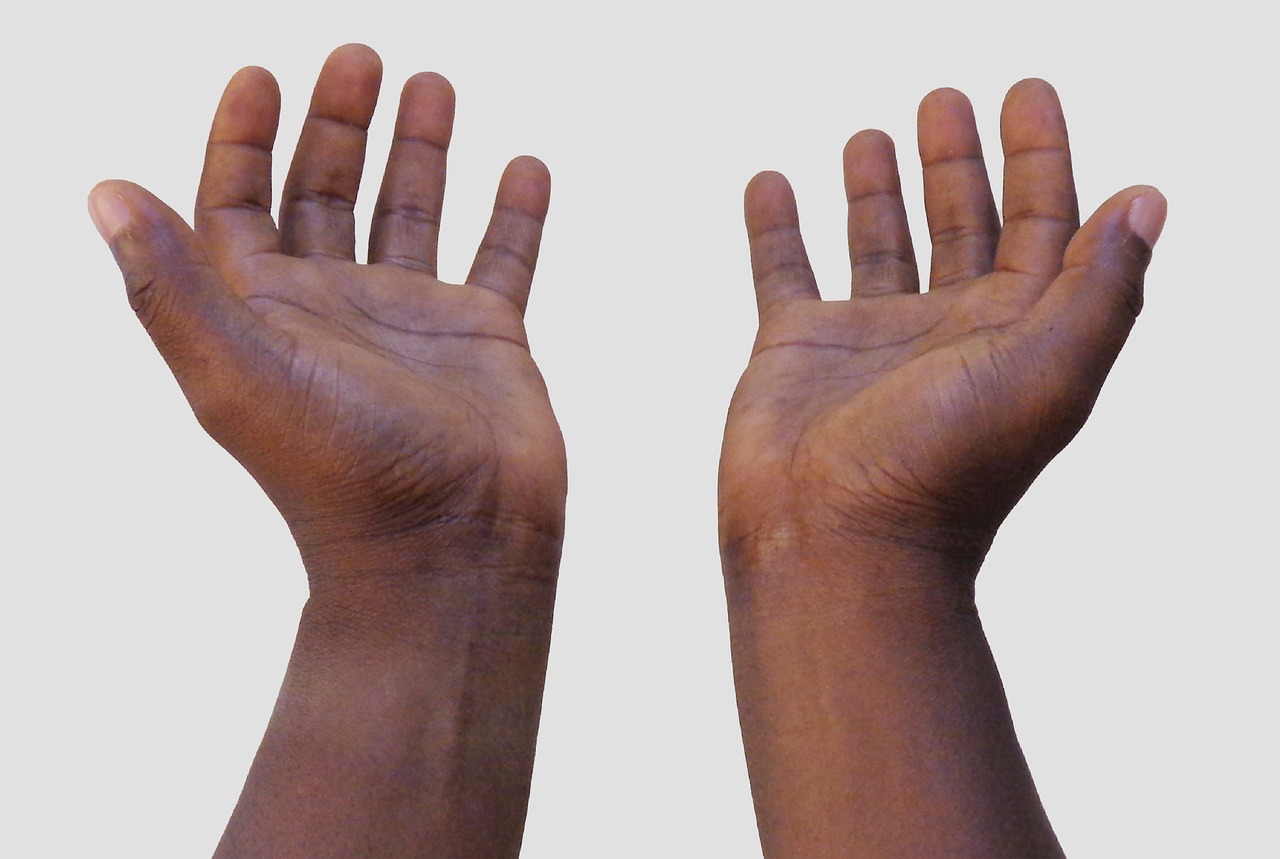
Show Empathy
Enhance your ability to listen effectively with these practical tips and techniques that can help you become a better listener in various personal and professional settings.
When it comes to effective listening, showing empathy plays a crucial role in building meaningful connections with the speaker. Empathy involves more than just hearing words; it requires understanding the emotions and perspectives behind them. By putting yourself in the speaker's shoes, you can create a supportive and nonjudgmental environment that encourages open communication.
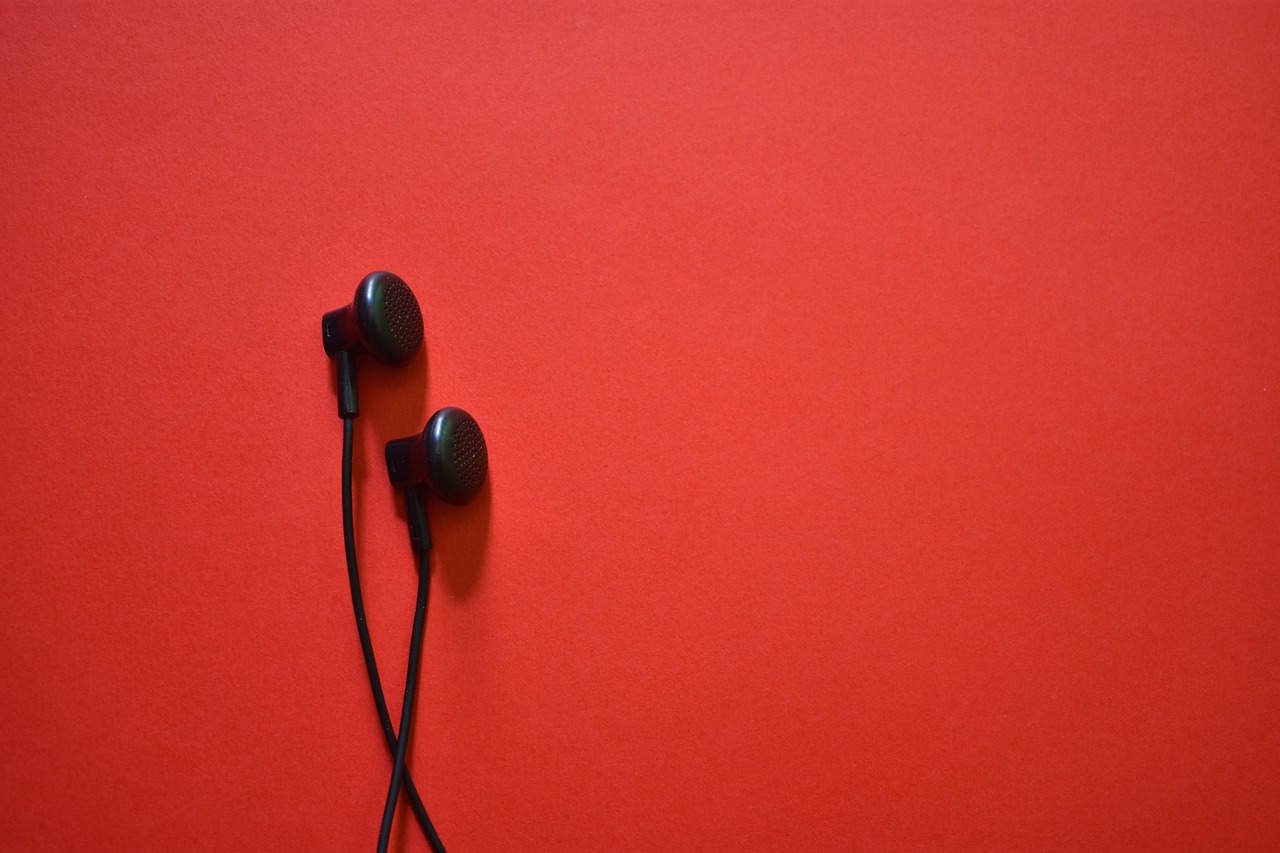
Ask Clarifying Questions
When it comes to improving your listening skills, one essential technique is to ask clarifying questions. By seeking clarification on any points that are unclear, you not only ensure that you have correctly understood the speaker's message but also demonstrate your genuine interest in what they are saying. Clarifying questions can help you delve deeper into the topic at hand and show the speaker that you are actively engaged in the conversation.
Imagine a scenario where someone is sharing their thoughts with you, and you want to make sure you grasp the full meaning of their words. By asking clarifying questions, you can avoid misunderstandings and misinterpretations. These questions can range from simple inquiries about specific details to more complex queries that prompt the speaker to elaborate further on their ideas.
Asking clarifying questions not only benefits your comprehension but also shows the speaker that you value their input and are committed to understanding their perspective. It fosters a sense of mutual respect and open communication, creating a more meaningful exchange of ideas.
Incorporating clarifying questions into your listening practice can lead to more meaningful interactions and deeper connections with others. It allows you to bridge any gaps in understanding and ensures that both parties are on the same page. So, next time you find yourself in a conversation, don't hesitate to ask clarifying questions to enhance your listening skills and enrich your communication experience.
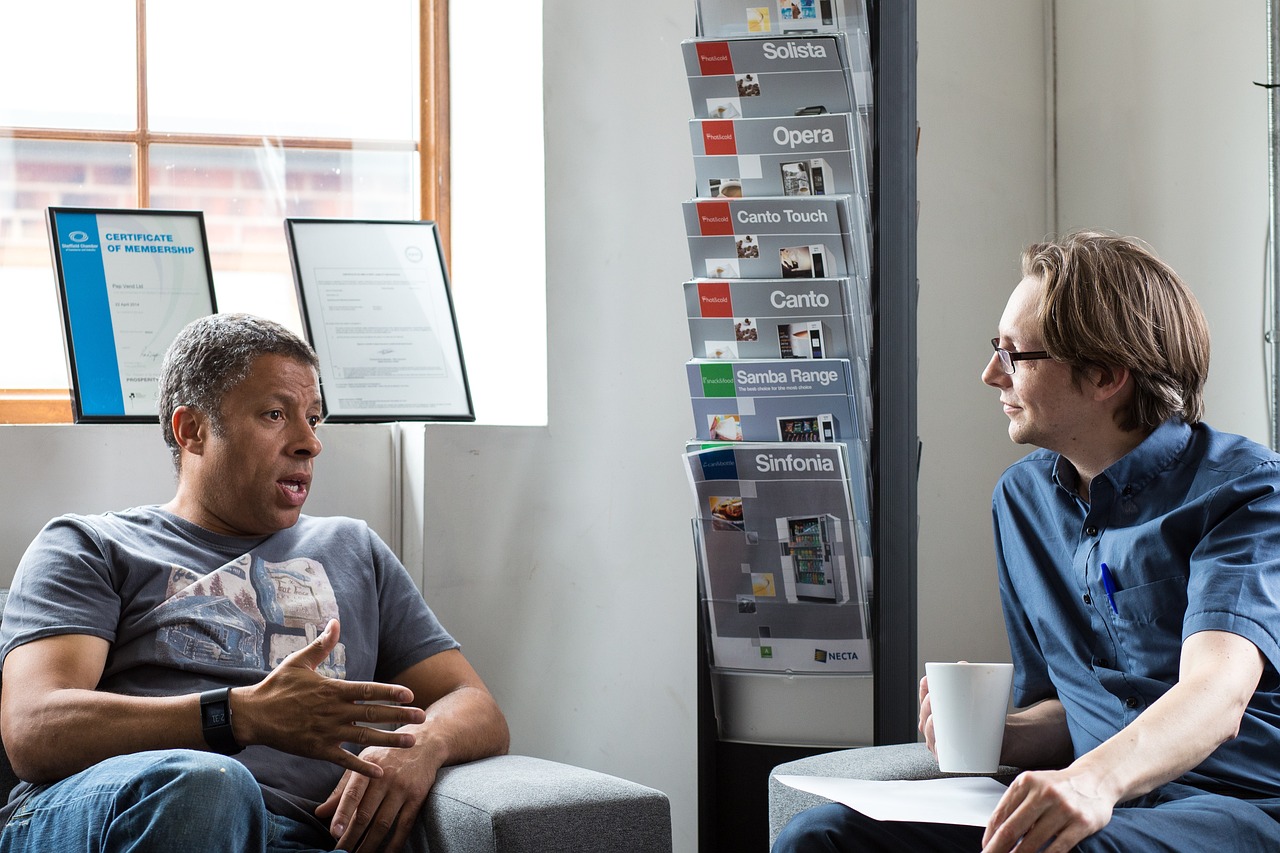
Practice Reflective Listening
When it comes to improving your listening skills, one essential technique to master is reflective listening. This method involves more than just hearing the words spoken by the speaker; it requires you to truly understand and empathize with their message. Reflective listening is like holding up a mirror to the speaker, reflecting back not only their words but also their emotions and intentions.
Imagine yourself as a mirror, not distorting or altering the speaker's message but simply reflecting it back accurately. By paraphrasing what the speaker has said in your own words, you demonstrate that you have grasped their meaning and are actively engaged in the conversation. This practice helps to confirm your understanding of the speaker's message and makes them feel heard and valued.
Additionally, reflective listening involves acknowledging the speaker's emotions and feelings. By reflecting back not only the words spoken but also the underlying emotions, you show empathy and understanding. This can create a deeper connection with the speaker and foster a more meaningful dialogue.
Furthermore, reflective listening can help clarify any misunderstandings that may arise during the conversation. By paraphrasing the speaker's message, you give them the opportunity to confirm or correct your interpretation, ensuring that you are on the same page. This back-and-forth exchange promotes clearer communication and prevents miscommunication.

Be Patient
Enhance your ability to listen effectively with these practical tips and techniques that can help you become a better listener in various personal and professional settings.
Patience is a virtue when it comes to improving your listening skills. It's essential to refrain from interrupting the speaker or hastily formulating your response. By patiently allowing the speaker to express their thoughts and emotions at their own pace, you create a supportive environment that fosters effective communication. Just like a gardener patiently nurtures a plant, you must nurture the conversation, giving it time to grow and develop naturally.
Imagine a delicate dance where each step is taken with care and consideration. In conversations, being patient is like taking a graceful step back, allowing the other person to lead the way. By practicing patience, you demonstrate respect for the speaker and their words, showing that you value what they have to say.
Moreover, patience allows you to fully absorb and process the information being shared. Instead of rushing to respond, take a moment to reflect on the speaker's words, digesting their message before formulating your thoughts. This reflective pause not only enhances your understanding but also shows the speaker that you are genuinely engaged in the conversation.
Remember, just as a masterpiece cannot be rushed, meaningful communication requires patience to unfold naturally. Embrace the art of patience in your listening journey, and watch how it transforms your interactions, deepening connections and fostering mutual understanding.
Q: How long does it take to improve listening skills?
A: The time it takes to enhance your listening skills varies for each individual. Consistent practice and dedication to implementing the tips mentioned in this article can lead to noticeable improvements over time.
Q: Can listening aids really help improve listening skills?
A: Yes, tools such as note-taking, summarizing key points, and visual aids can significantly enhance your listening process by improving retention and understanding of the information being communicated.
Q: Is it possible to become a better listener in professional settings?
A: Absolutely. By practicing active listening, minimizing distractions, and showing empathy, you can become a more effective listener in both personal and professional environments.

Seek Feedback
Seeking feedback on your listening skills is crucial for personal and professional growth. By actively requesting input from others, you can gain valuable insights into how your listening abilities are perceived and identify areas for improvement. Constructive criticism provided through feedback can offer a fresh perspective and help you enhance your communication skills.
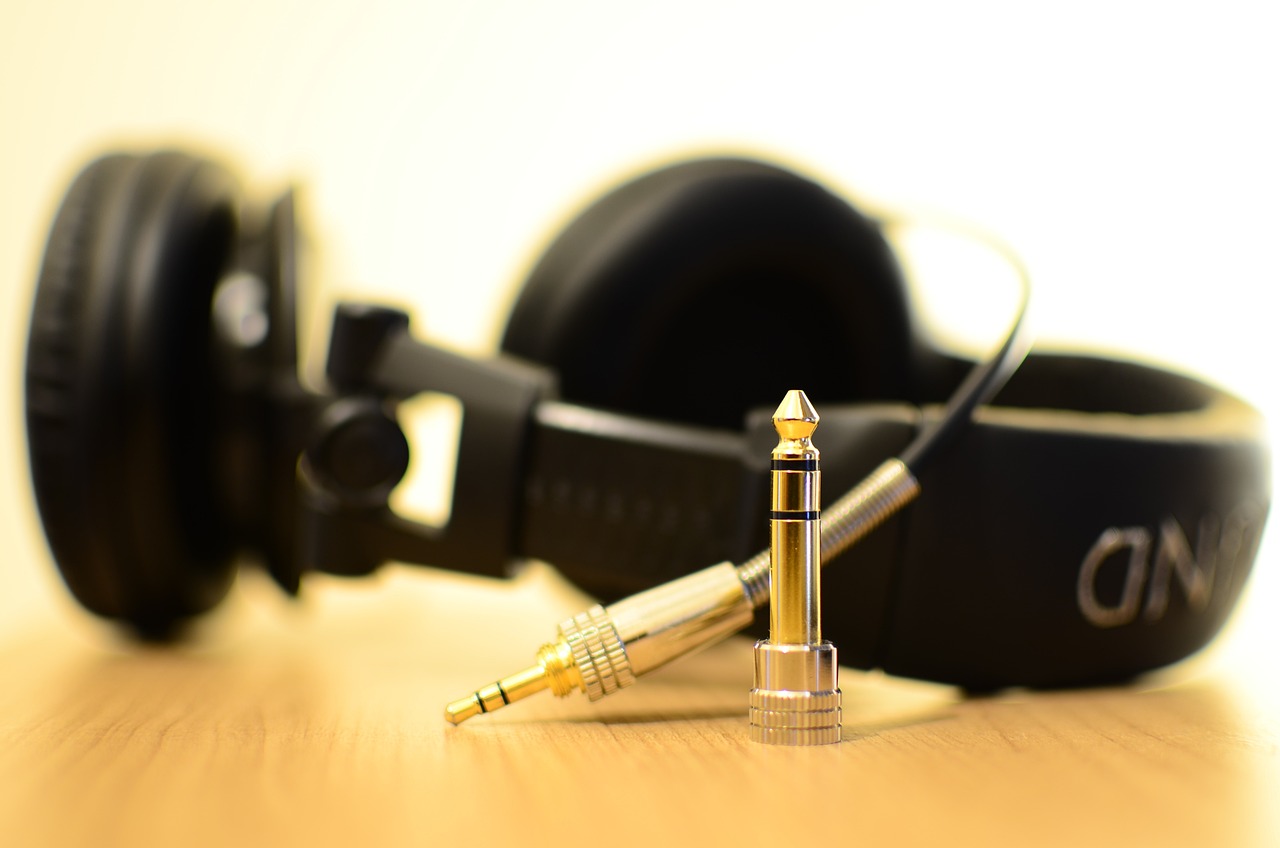
Utilize Listening Aids
When it comes to improving your listening skills, utilizing listening aids can significantly enhance your ability to comprehend and retain information effectively. These aids serve as valuable tools to support your listening process and ensure that you grasp the key points being communicated. Whether you are in a professional meeting, educational setting, or casual conversation, incorporating listening aids can make a substantial difference in how well you understand and engage with the speaker.
One effective listening aid is note-taking, which allows you to jot down important points, ideas, and questions as you listen. By capturing key information in writing, you can refer back to your notes later to reinforce your understanding and memory of the conversation. Additionally, summarizing key points in your own words can help solidify your comprehension and demonstrate active engagement with the speaker.
Visual aids can also play a crucial role in enhancing your listening experience. Whether it's graphs, charts, diagrams, or images, visual representations can provide additional context and clarity to the information being shared. Visual aids can help you visualize complex concepts, relationships, and data, making it easier to grasp the content and make connections between different pieces of information.
Furthermore, utilizing technology as a listening aid can offer innovative ways to support your listening skills. For instance, you can use voice recording apps to capture important discussions or lectures for later review. Transcribing audio recordings can help reinforce your understanding of the content and allow you to revisit specific details that you may have missed during the initial listening process.
Incorporating listening aids into your daily practice can not only improve your listening skills but also enhance your overall communication abilities. By leveraging tools such as note-taking, summarizing, visual aids, and technology, you can actively engage with speakers, retain information more effectively, and demonstrate your commitment to becoming a better listener.
Frequently Asked Questions
- What is active listening?
Active listening is a communication technique that involves fully concentrating on what is being said, understanding the message, and responding thoughtfully. It requires giving the speaker your complete attention and showing that you are engaged in the conversation.
- How can I minimize distractions while listening?
To minimize distractions while listening, you can create a quiet environment, turn off electronic devices, avoid multitasking, and focus on the speaker. By reducing external and internal distractions, you can improve your ability to listen effectively.
- Why is empathy important in listening?
Empathy is crucial in listening because it helps you understand the speaker's emotions, perspectives, and experiences. By showing empathy, you can build trust, create a supportive environment, and establish a deeper connection with the speaker.
- What are clarifying questions, and why are they useful?
Clarifying questions are inquiries made to ensure that you have understood the speaker's message correctly. They help clarify any confusion, demonstrate your interest in the conversation, and show that you are actively engaged in the communication process.
- How can reflective listening enhance communication?
Reflective listening involves paraphrasing the speaker's words and emotions to confirm understanding and show empathy. It can enhance communication by fostering mutual respect, validating the speaker's feelings, and promoting a more meaningful exchange of ideas.
- Why is patience important in effective listening?
Patience is essential in effective listening because it allows the speaker to express themselves fully without feeling rushed or interrupted. By practicing patience, you demonstrate respect, attentiveness, and a willingness to understand the speaker's perspective.
- How can I improve my listening skills through feedback?
Soliciting feedback from others can provide valuable insights into your listening abilities, highlighting areas for improvement and offering constructive criticism. By actively seeking feedback, you can enhance your listening skills and become a more proficient communicator.
- What are some listening aids that can support the listening process?
Listening aids such as note-taking, summarizing key points, and using visual aids can enhance the listening process by improving retention, comprehension, and engagement. These tools can assist in capturing essential information and reinforcing understanding during communication.










